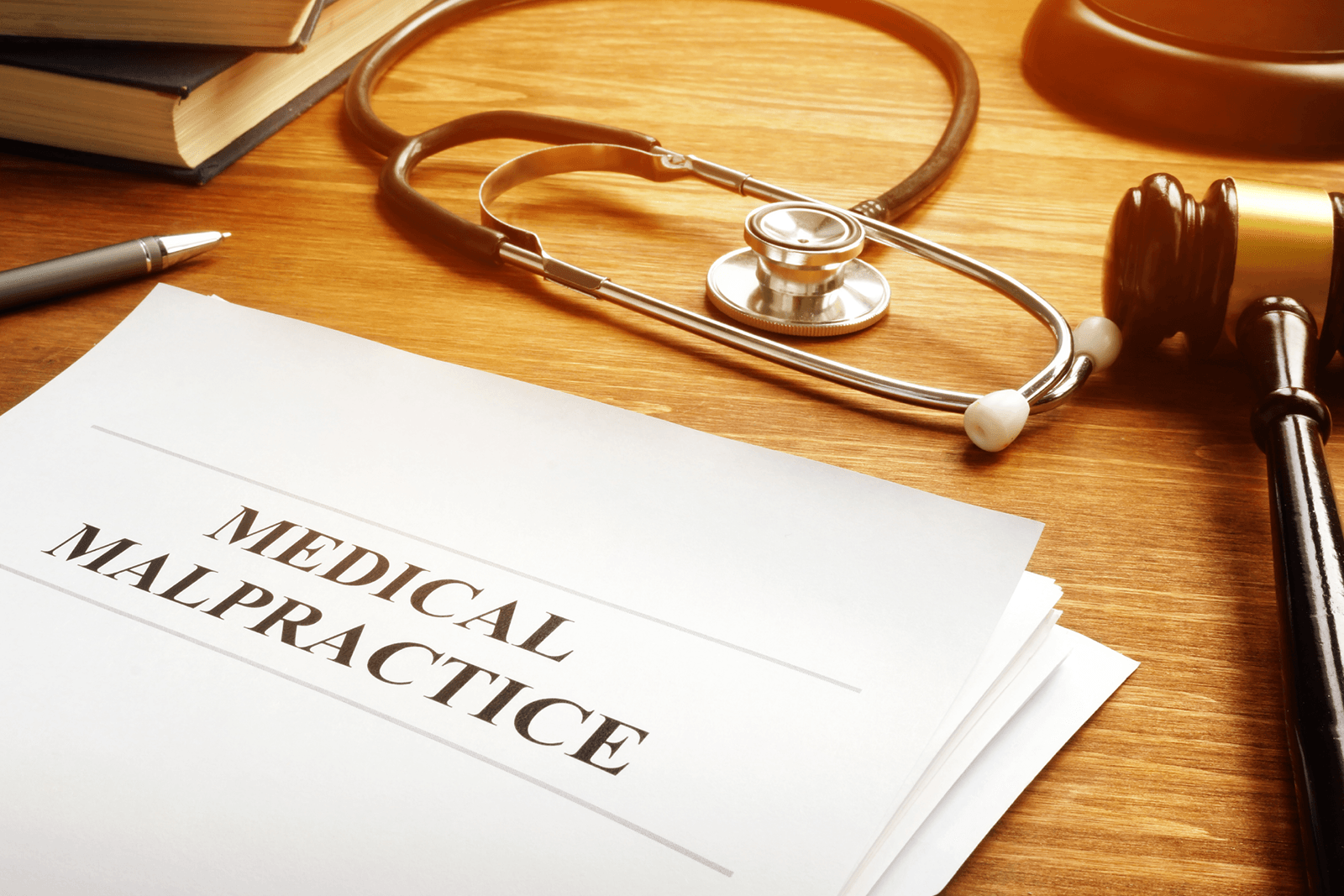Commercial Construction Insurance: What You Need to Know
Nothing is more exciting than planning a new house, remodel or addition. Nothing is more frustrating than running into problems with your contractors. Before you commit to any construction project, you need to protect yourself by doing your due diligence. When you are looking for a contractor to remodel your home or build a new structure, you need to hire one who is completely licensed and insured. In fact, legitimate contractors are required by law to carry insurance.
Hiring anyone who doesn’t meet state and federal standards leaves you with limited recourse if the work is substandard or someone is injured as a result.
Most construction contractors and subcontractors strive to do a good job, but as in any industry, there are those who are less than honest or competent.
Before signing a contract with any of them, you need to ensure that they have the right insurance. If the construction fails, their insurance should cover the damages. Unfortunately, in some instances, the insurance company will not offer an adequate settlement or payout at all. In those situations, you may need to sue. In any event, a construction project needs the guidance of an experienced attorney.
ILLINOIS CONSTRUCTION INSURANCE NEEDS
Illinois, like other states, sets standards and regulations for contractors, including dictating a certain level of insurance coverage. Prudent contractors should want more than the minimum. Insurance experts advise construction contractors to have a variety of policies to provide complete liability coverage.
General Liability Policy
First, your contractors need a general liability policy that covers both bodily injury and property damage.
The bodily injury section covers contractors if they or their employees cause you or someone else injury or death. Although that sounds grim, it is necessary in the rare instance that such physical harm occurs. The policy covers the victim’s medical expenses and the contractor’s legal expenses.
The property damage section covers damage to your property or the property or another third party caused by the contractor. For instance, your contractor could drop something off your roof and harm the house next door or crush your landscaping.
Completed Operations/Product Insurance
These policies cover the finished construction for any problems it has or damages it causes. For instance, if your new roof leaks after a month, the policy should cover repairs and pay for the water damage.
Contract Liability Insurance
This type of insurance covers the contractor in case you have a contractual issue with them. In some cases, this coverage is included in the general liability policy.
Workers’ Compensation Insurance
Any construction company should have this type of insurance to protect their employees and their company. They may expose themselves to liability if their subcontractors do not insure their own employees. Also, workers deserve protection for injuries incurred on the job.
Subcontractor Insurance
Your subcontractors should also be covered with the necessary liability insurance. Otherwise, a problem specific to their services could cause you significant financial losses due to construction problems and physical injuries.
BEFORE YOU HIRE
Before you hire a contractor in Illinois, you need to determine the amount of work to be done, and your specifications for the work, including time frame, materials and payment schedule. You also need to research the contractor. You can contact the Illinois Attorney General’s office and/or the Better Business Bureau to get the background that you need. In addition to these background checks, you should also complete the following tasks:
- Get recommendations from trusted friends and relatives
- Get at least three written estimates
- Talk to your town/city’s building inspection department for a list of construction requirements
- Check the contractors’ references
- Ask to see proof of insurance and professional licenses
- Determine how the subcontractors will be paid
- Have a lawyer look at the written contract before you sign it
Getting legal advice before the job begins will help protect you in case the work is not done correctly or some injury occurs on your property. Do not sign a contract offered by contractors’ without professional guidance. Bad contracts are the basis for huge problems down the road.
POTENTIAL PROBLEMS
You should always practice due diligence before beginning a construction project, but even when you are careful, issues can arise. People may be injured on the site, the work may be faulty and the contractor’s insurance may not want to pay. You may well need to defend your rights by consulting a personal injury attorney. In some cases, negotiating with the insurance company will not be enough. You may need to file a lawsuit against the insurance company, the contractor or both in order to receive fair financial compensation.
WHITESIDE & GOLDBERG, LTD.
The attorneys and Whiteside & Goldberg have over 50 years of law practice in the Chicago area, one of the most competitive cities for attorneys in the nation. One of their specialties is construction negligence, a problem that occurs in many areas but is a persistent issue in Illinois. They have successfully represented injured workers and passerby’s in cases of construction negligence. The attorneys aggressively represent your interests to get the settlement that you need and deserve. When it comes to construction, you must vigorously protect your rights.
Whiteside & Goldberg, Ltd. also specializes in automobile accidents, asbestos, mesothelioma and lung cancer, dog bites, nursing homes, medical malpractice, slip and falls and other personal injury lawsuits. They offer a free consulatation to make sure your case has merit. Plus, you never pay a penny until they win a settlement for you.
When it comes to construction negligence and the injuries that arise out of this negligence, you need to protect yourself by hiring the right attorneys to fight against the big corporations. For help recovering for your injuries against such contractors, call Whiteside & Goldberg to speak to an attorney at 312-334-6875.
The content of this blog is intended for informational purposes only and does not constitute or establish an attorney-client relationship, nor constitute legal advice. If you wish to discuss any further aspect of the material contained herein, please contact an attorney at Whiteside & Goldberg, Ltd.





